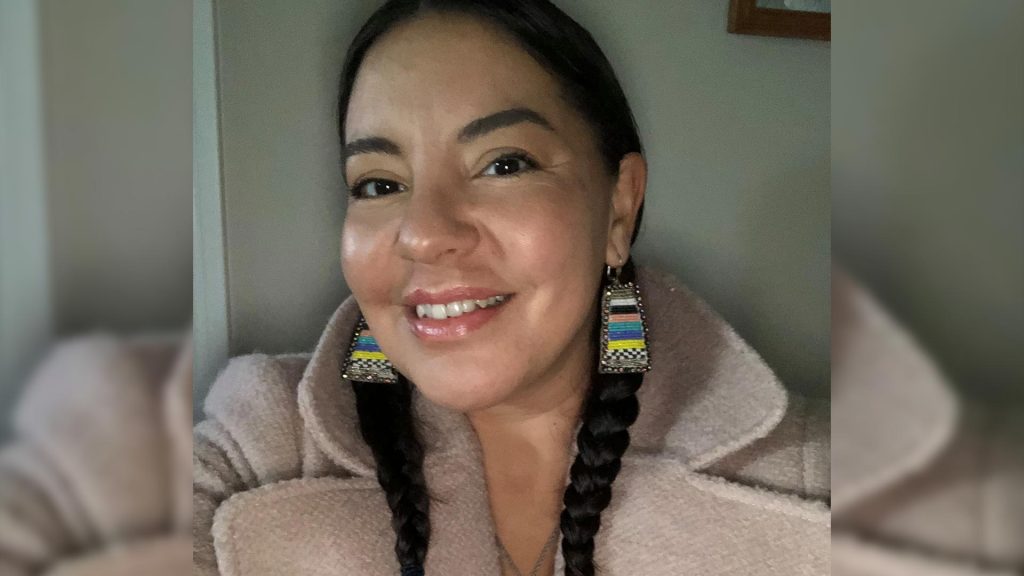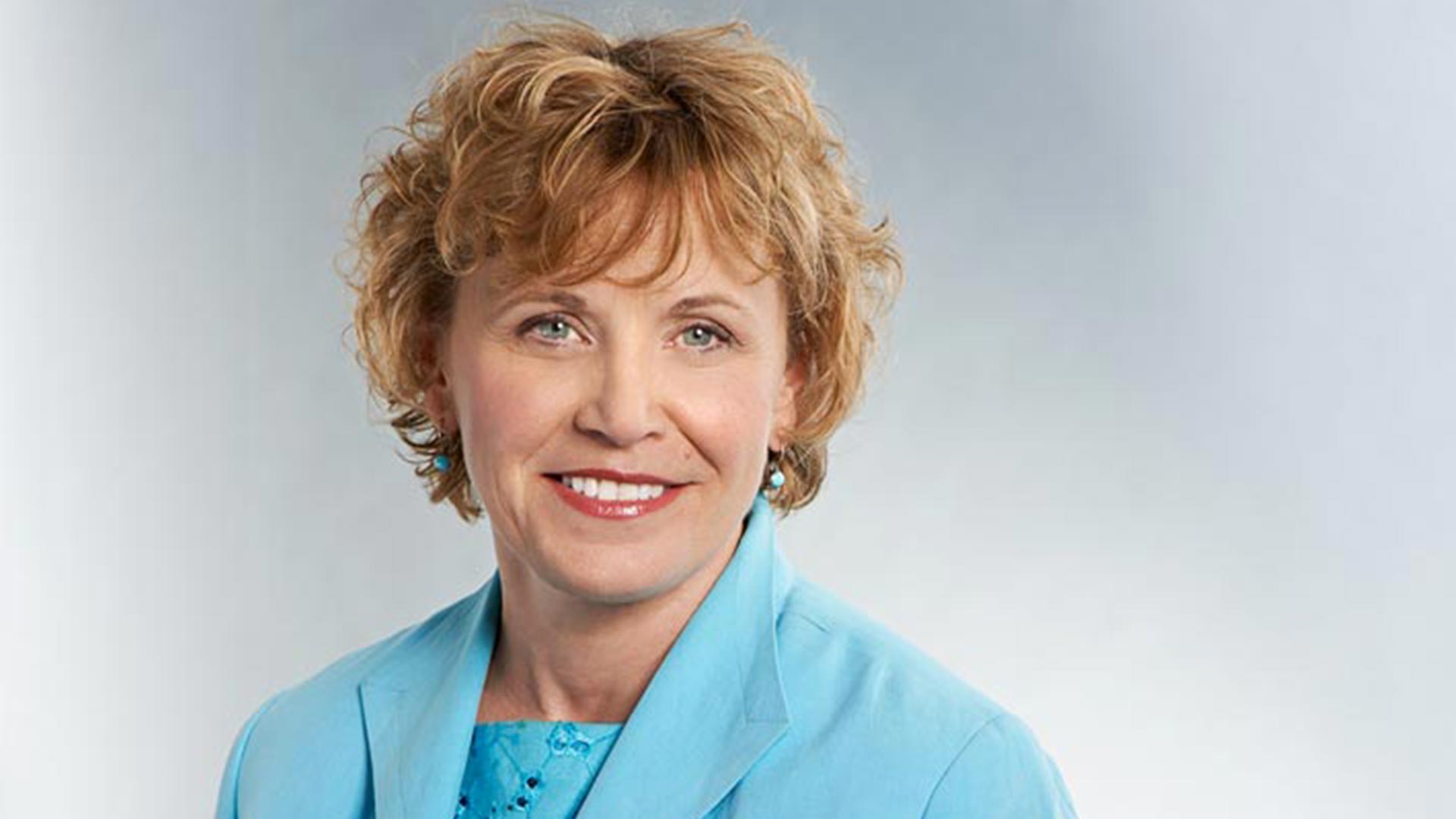
Cree lawyer Leah Ballatyne feels it's time to criminalize Indigenous identity theft. Photo: Facebook
A Cree lawyer says it’s time to criminalize false claims of Indigenous identity.
Leah Ballantyne, a former member of the senate at the University of Saskatchewan, suggests charging race-shifters with fraud would help restore confidence in public institutions and the spirit of reconciliation.
According to Ballantyne, “This is a crime of fraud worth consideration of s.380 (1) of the Criminal Code of Canada.”
Fraud, as described in the code, is the wrongful or criminal deception intended to result in financial or personal gain.
So far, there have been no criminal charges laid against anyone caught or accused of faking Indigenous ancestry in Canada, Ballantyne tells APTN News in an interview.
Publicly shamed
“There’s been people that have been publicly shamed and outed… but there’s never been a real consequence or action,” Ballantyne says.
High-profile people with tenuous Indigenous heritage are usually reported in the media and roasted online, like author Joseph Boyden and filmmaker Michelle Latimer. Prof. Carrie Bourassa from the University of Saskatchewan is the latest to have her Indigeneity called into question.
Both Boyden and Latimer have lost work in their respective industries – and Bourassa was put on leave pending an investigation.
At the University of Saskatchewan, outside lawyer Jean Teillet, who is Métis and specializes in Indigenous rights law, was hired last month to conduct “a formal investigation” into a complaint against Bourassa.
Meanwhile, the chief of an Algonquin First Nation in Quebec says universities should apologize for failing to properly vet self-declared Indigenous candidates.

Dylan Whiteduck of Kitigan Zibi says the problem and ensuing controversies will continue unless organizations apologize in writing to affected nations, and improve their vetting processes to include approved Indigenous knowledge-holders.
“It’s actually us, the Algonquin Nation, who should determine who’s part of our nation and who’s not part of our nation,” he tells APTN’s Nation to Nation.
Latimer claimed to be from Kitigan Zibi although she is not a member. She later apologized for claiming a community tie before properly verifying it; she still maintains she is and identifies as Algonquin Métis.
Whiteduck says a “courtesy call” to the Algonquin Nation tribal council could have confirmed or denied the information in question.
“It’s really frustrating when we see businesses, corporations, universities and organizations hire non-Native people to represent First Nations or Indigenous Peoples across Canada,” he says.
Ballantyne suggested the University of Saskatchewan add a committee of “local and distinguished” Indigenous community members “who are trusted to make decisions on the validity of claiming Indigenous identity” to its vetting procedures.









